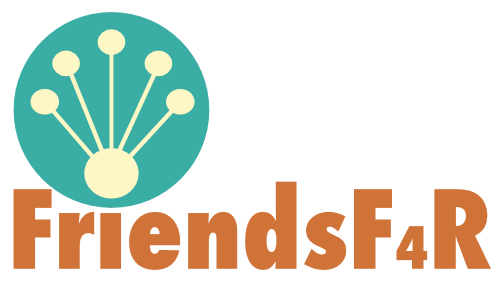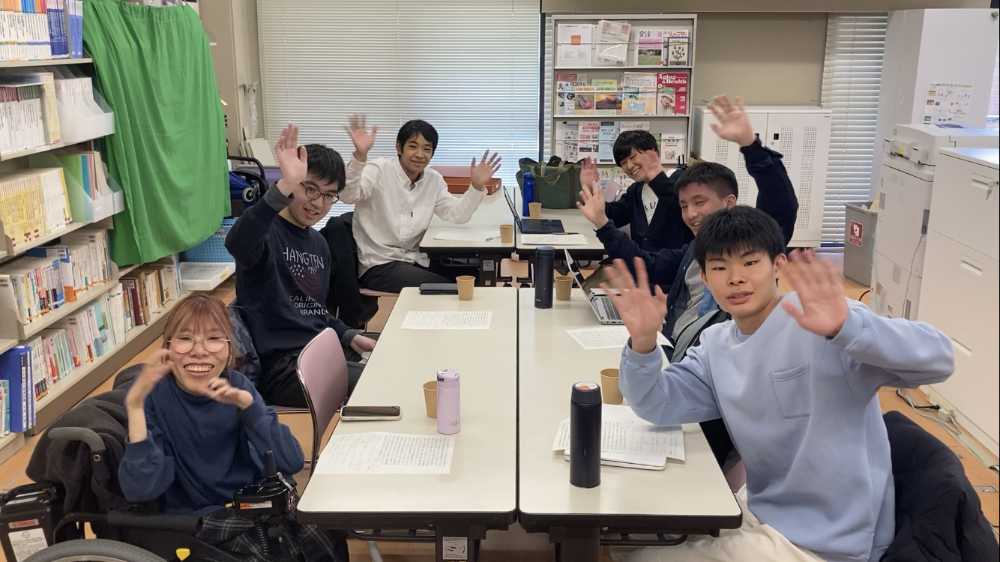
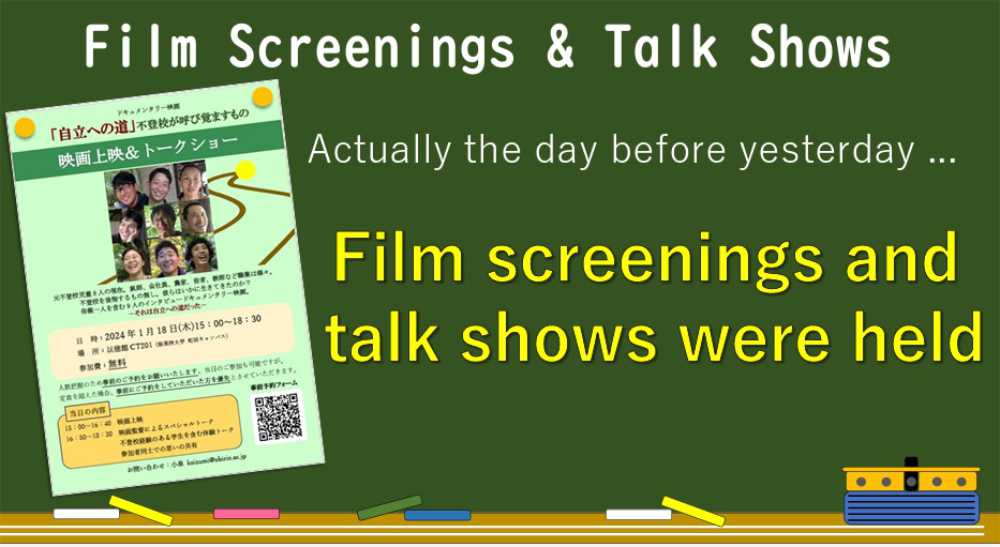
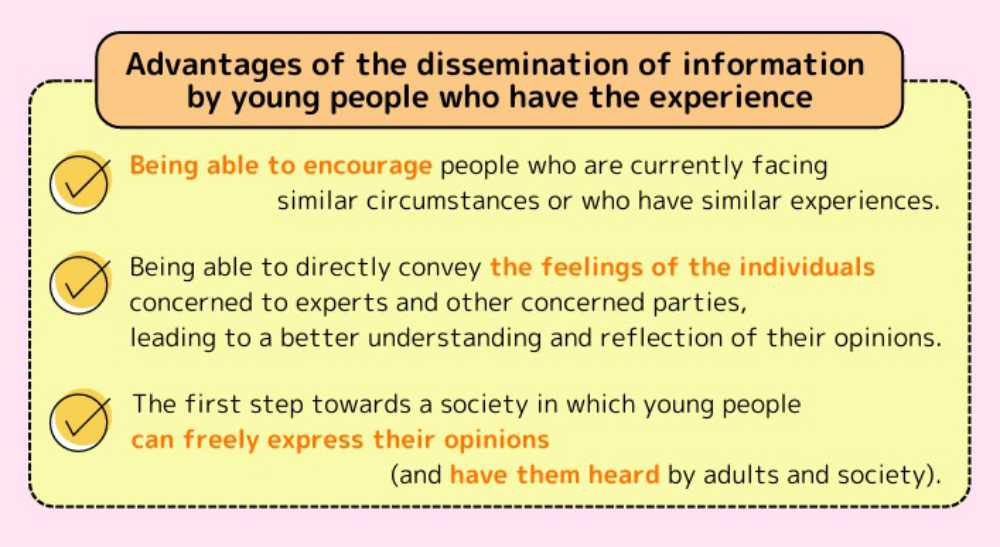
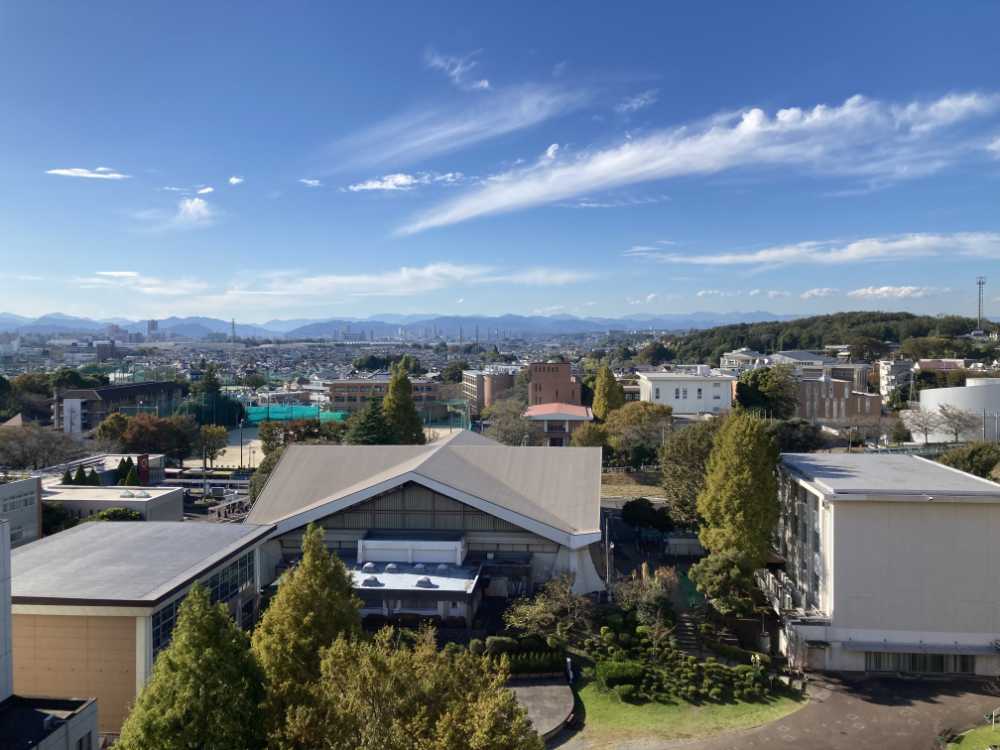
Project Title:
School Refusal in Japan
Research Group:
SAKURA Blooms, Japan
Aims of the project:
The aim of the project is for young people who have experienced school refusal or have felt uncomfortable going to school to think about the issue of school refusal and the state of schools, and also to think together with other people in the community. We want to share our experiences and activities with various people, as well as broaden own insights and think about how schools should be, and in the future, create a safe place for children and young people.
What is the problem/issue we wanted to investigate?
We wanted to reflect on our experience of not attending school, hear from
other people who had found it difficult to go to school, and explore better ways of being in school.
Who were we trying to influence and why?
To encourage children and young people who are currently suffering from school refusal, as well as to make the parents and school-related adults involved aware of the problem, and also to make those who are not interested in the issue aware of it.
How did we know that this was a problem that needed to be tackled?
As a party who had been school refusal and felt uncomfortable going to
school, we felt that it should be tackled.
What have we done to verify the evidence that already exists?
Research Team:
Young researchers: Konatsu Aizawa, Yuki Kawabata, Manami Miyara, Satoi Matsumoto, Kotaro Mouri, Sotaro Yokota, Kyosuke Yoshinuma.
Academics: Hiroko Koizumi, Rena Kanai, Miho Tomonaga.
Where?
Tokyo and Kanagawa Japan
Why did you form Sakura Blooms?
Through school lessons, the group found commonalities in not attending school and attending a correspondence high school, and decided to do something with their experiences.
Research Methods:
Approach
We held film screenings on school refusal and talked about our own experiences of school refusal, bullying and school. By talking about our experiences, we made connections with people interested in school refusal and school issues.
We learned about the current situation regarding the issue of school refusal and shared our views from a young person's perspective by listening to parents and people who support school refusal children across the country and region, and by sharing our experiences and thoughts.
The workshop asked participants to draw a picture of their ideal school and listened to the thoughts of children and young people. We used a hearing survey of young people who have been out of school or who have felt uncomfortable going to school, to find out their views on schools.
As for limitations, publicity for workshops and hearings was not widespread. The workshop was one of many events, so the intention was not well communicated to the participants and it did not go as well as prepared. Some people wanted to participate but did not want to talk
Activities
・ Film screening and talk show 10 children and young people interested in school refusal issues, 25 parents, supporters, adults in the community and academics
・Presentation at a meeting of parents of truant children 15 parents of school refusal children
・Presentation at the meeting of the community welfare commissioners 20 community welfare commissioners
・Presentation at the NGO meeting 50 citizens and practitioners with an interest in children's rights
・Workshop on the state of schools 10 children aged 4-28 years and 6 parents
・18 young people aged 18-24 who had been school refusal students or had felt uncomfortable going to school
Analysis:
The interviews were transcribed verbatim, coded and categorised by the participating young people, and the categories generated were further examined by the youth researcher.
Results:
- School refusal children, young people and their parents are in solitude.
- Many do not know where to turn or cannot find the words to ask for help.
- Many children go to school but have a hard time getting there, too.
- We also found that by talking about our own experiences, we could help others who are going through hard times now.
- Children and adults need a place where they can connect and talk about their feelings.
- Analysis of the interviews and recommendations for schools will be published in a report or journal article.
Funding:
This project was provided with a small grant as one of six micro-projects led by young people in developing the FriendsF4R Network funded by the Arts and Humanities Research Council [grant AH/X00970X/1] led by Dr Deborah Crook from The University of Lancashire. Professor Hiroko Koizumi is a Co-I on the project and continues to work with Sakura Blooms.
